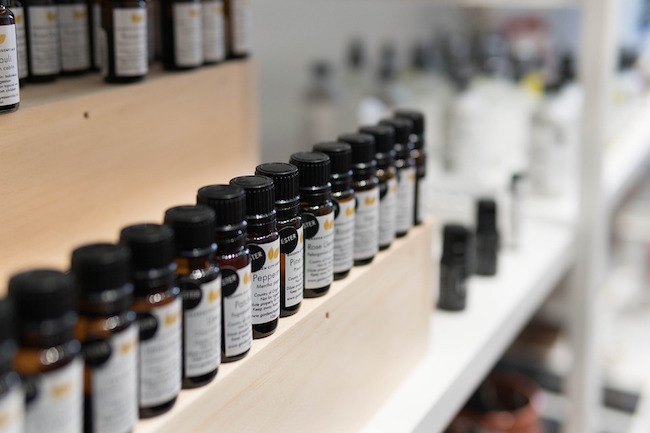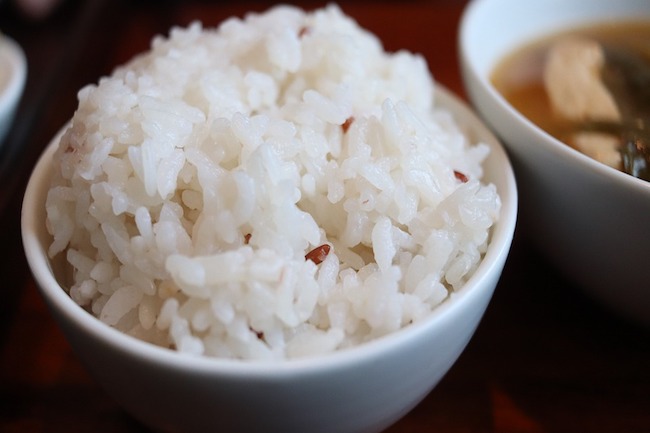3 Easy Ways to Take Herbal Tinctures and Help the Medicine Go Down by Sara Tipton for Ready Nutrition
Tinctures bypass the need to digest entire herbs in the gut and are easily absorbed by the body. Because they are concentrated, the taste leaves a lot to be desired. Here are 3 easy ways to dilute the flavor and help the medicine go down.
As people turn away from taking pills and the pharmaceutical companies’ side effect-riddled remedies, many look to herbal tinctures as a more natural and holistic approach their health. While the benefits of herbal tinctures are many, they often don’t taste all that appealing, so here are three easy ways to remedy that small problem!
If you are looking to reap the benefits of medicinal plants, it wouldn’t hurt to take a look at herbal tinctures. Tinctures are a higher potency compared with herbal teas, and therefore, have a faster reaction time once ingested.
What is a tincture?
A tincture is a concentrated liquid herbal extract made from herbs that are taken orally.
Tinctures are typically made by soaking herbs in alcohol for several weeks to extract the active components (phytochemicals) of the plants. After a few weeks, the herbal mixture is strained and the herb parts are removed, leaving behind the concentrated liquid.
How Do Tinctures Work?
Tinctures bypass the need to digest entire herbs in the gut and are easily absorbed by the body. Because they are concentrated, dosages are small and can be diluted in your favorite beverage. Tinctures have a milder, more subtle effect than pharmaceutical drugs, so it is important to have realistic expectations if you are using them for a chronic condition. Some tinctures DO provide rapid relief of symptoms, but most do not offer a quick fix.
Some experimentation with dosages and frequency might be necessary to figure out what works best for you. Natural medicines like tinctures can be very effective and do have a long history of successful use, so be patient and consistent, and remember to make additional lifestyle changes to support good health and healing as well.
Do Tinctures Taste Bad?
In short, yes. They often leave a dislikable taste in the mouth. Alcohol-based tinctures especially can be unpleasant. But there are a few ways to help get them down a little more smooth.
From a previous article on the subject, we suggested that some herbalists recommend taking tinctures under the tongue and holding the liquid there for a few seconds before swallowing. The reasoning behind taking the drops sublingually (drops are placed under the tongue) is that the arterial blood supply under your tongue rapidly absorbs the medicinal benefits. That said, the taste is usually unpleasant and bitter due to the alcohol and concentrated herbs.




